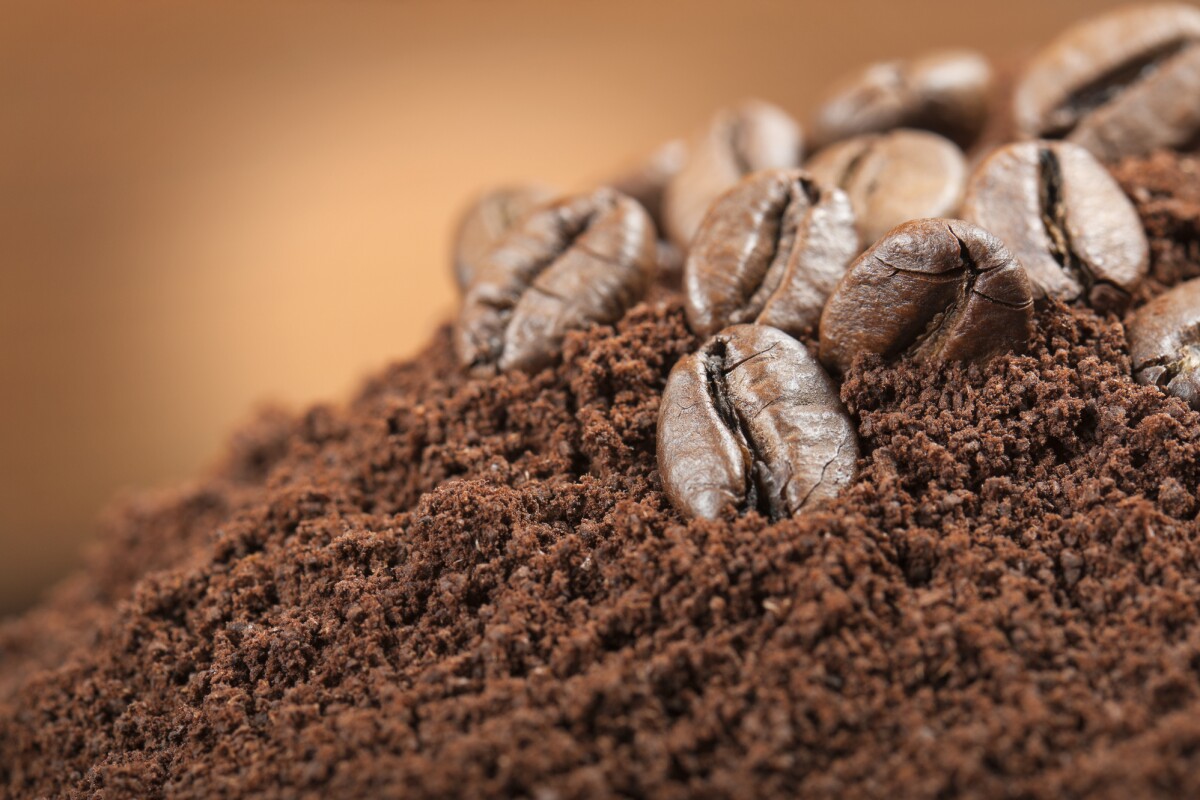Is It Safe to Dispose of Coffee Grounds Down the Sink? - Exploring the Impact
Is It Safe to Dispose of Coffee Grounds Down the Sink? - Exploring the Impact
Blog Article
This post which follows involving Is it safe to dispose of coffee grounds down the sink? is indeed engaging. Check it out yourself and figure out what you think about it.

If you're an enthusiastic coffee enthusiast, you might be wondering about the most effective means to dispose of your coffee premises. While it might appear hassle-free to wash them down the sink, this technique can cause several issues for both your plumbing and the environment. In this post, we'll explore whether it's secure to put coffee premises down the sink and discuss alternative disposal techniques to take into consideration.
Alternatives to Disposing of Coffee Grounds
Garbage Disposal
If you do not have a composting arrangement, an additional option is to just toss your coffee premises in the garbage. Be sure to secure them in a compostable bag or container to prevent smells and leak. While this method doesn't offer the same environmental benefits as composting, it's a risk-free and convenient means to throw away coffee grounds.
Composting
One environment-friendly choice for throwing away coffee premises is to compost them. Coffee premises are abundant in nitrogen, making them an exceptional enhancement to compost piles or containers. As they disintegrate, they add nutrients to the soil, boosting its fertility and texture.
Dangers of Putting Coffee Grounds Down the Sink
Plumbing Issues
One of the main concerns with dealing with coffee premises down the sink is the danger of obstructing your pipelines. Coffee grounds don't dissolve in water and can accumulate in time, creating a thick sludge that can block drains pipes and result in costly plumbing fixings.
Environmental Impact
Beyond the possible damage to your plumbing, placing coffee premises down the sink can additionally hurt the atmosphere. When cleaned into the sewer system, coffee grounds can add to blockages in sewage system lines and treatment centers. Furthermore, the high focus of raw material in coffee premises can diminish oxygen degrees in rivers, adversely influencing water life.
Tips for Proper Disposal
Normal Maintenance
Regardless of just how you pick to get rid of your coffee premises, it's vital to maintain your plumbing consistently. Schedule periodic drainpipe cleanings to remove any kind of build-up and ensure that your pipelines remain clear and free-flowing.
Make Use Of a Sink Strainer
To prevent coffee premises from entering your sink's drainpipe in the first place, take into consideration using a sink filter. These affordable devices catch strong bits, including coffee grounds, preventing them from causing obstructions.
Final thought
While it may be tempting to wash coffee premises down the sink for comfort, doing so can have serious consequences for your plumbing and the environment. Rather, consider composting your coffee premises or getting rid of them in the trash. By taking on responsible disposal techniques, you can enjoy your coffee guilt-free while lessening your ecological footprint.
Coffee Grounds Down The Drain: Are They OK?
Can Coffee Grounds Go Down the Sink?
You may be thinking, “But I pour them down the sink drain every day and I’ve never had a clogged drain!” You see, coffee grounds come from coffee beans, which are virtually rock hard by the time they’re ground and brewed. You certainly wouldn’t want to grind up the pit from a peach, apricot, or nectarine that is about just as hard because they wouldn’t break down like other foods, and it’s the same with coffee beans!
If you usually grind coffee beans in the garbage disposal because it seems the cleanest and convenient, we don’t fault you for that. And anyone who has ever had to clean up the trash with spilled coffee grounds after a dog got into it would understand the rationale. Unfortunately, coffee grounds do not break down in water, so instead of grinding up and washing away as normal foods do in a garbage disposal, they clump together and as time goes by, the grounds can form a clump and pack the drain until it develops a clog.
What to Do With Coffee Grounds
So, what do you do with coffee grounds if you can't put them down the drain? You could of course just throw them in the garbage, but we encourage you to give these practical uses for them a try!
Since coffee grounds contain key minerals for plant growth, you can use them to fertilize your garden. Coffee grounds not only fertilize gardens because they are mineral-rich, but they are also great at absorbing contaminants in the soil, particularly heavy metals. Coffee grounds are said to attract worms, which help gardens flourish. You can use coffee grounds as fertilizer by sprinkling them around your plants. You can compost your coffee grounds and use them at a later time. Coffee grounds are great insect repellents when you place them in bowls or sprinkle them around the areas you want to repel insects. To remove fleas from your dog or cat, simply shampoo your pet then rub coffee grounds throughout their fur. Rinse them off and dry as usual. Like baking soda, used coffee grounds can eliminate odors. You can place them in a bowl in the fridge and let them do the work! Mix coffee grounds with coconut oil for a wonderful face or body scrub, or to reduce the appearance of cellulite. https://www.wintershomeservices.com/blog/2019/august/coffee-grounds-down-the-drain-are-they-ok-/

As a person who reads about Is it safe to dispose of coffee grounds down the sink?, I thought sharing that excerpt was really helpful. So long as you appreciated our article kindly be sure to share it. We cherish reading our article about Can Coffee Grounds Go Down the Drain or Sink?.
Get A Free Estimate Report this page